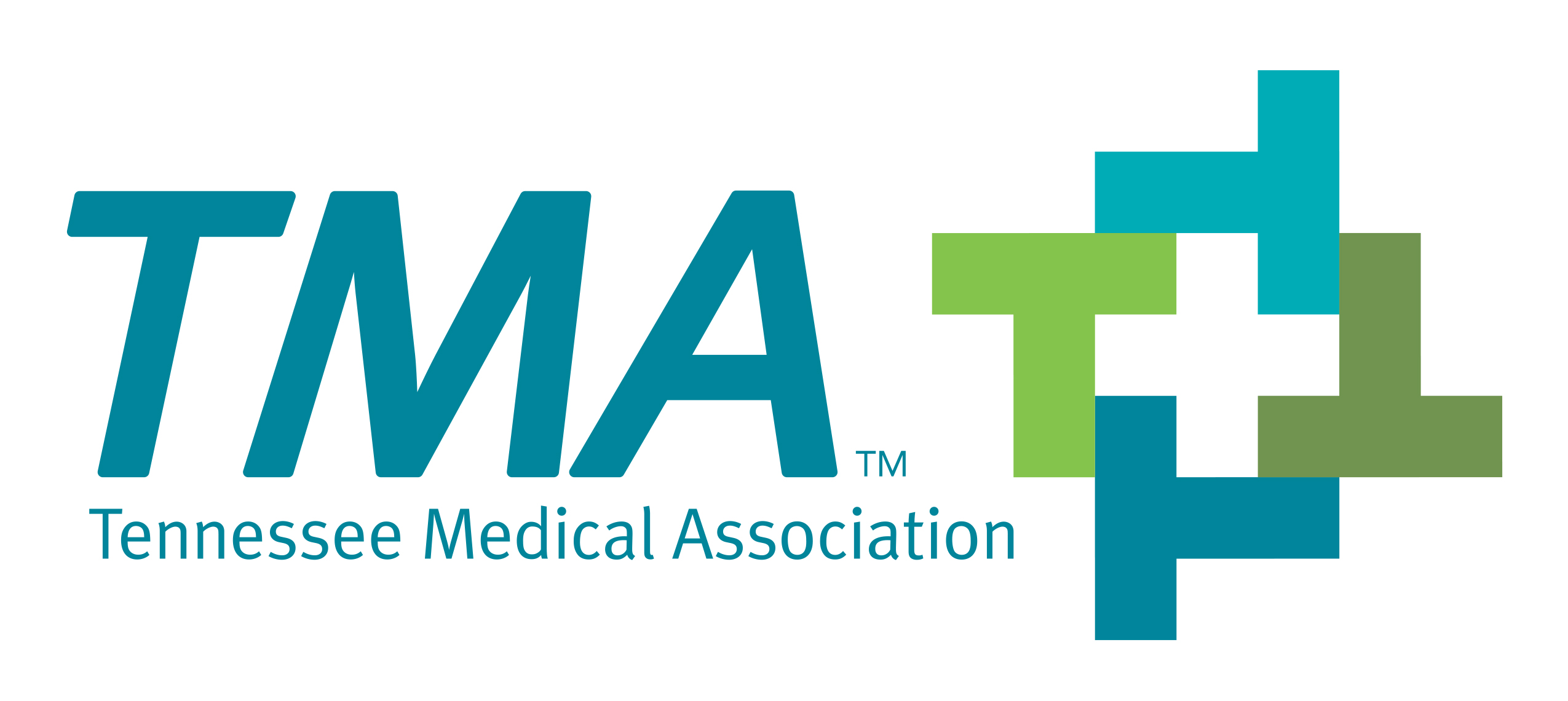Insurer Clawbacks Clears Senate Committee, Contraceptive Coverage Bill Heads to House Floor

Insurer Clawbacks Clears Senate Committee, Contraceptive Coverage Bill Heads to House Floor
Following a multi-week delay, TMA’s insurer clawbacks bill (SB2328/HB2076) is finally heading to the Senate floor after receiving a favorable vote from the Senate Commerce & Labor Committee on Wednesday.
The bill as amended reduces the time period in which a health plan may recoup overpayments on claims from 18 months to 15 months. In addition, it reforms the recoupment process to make it fairer and more transparent for physicians to reduce loss of practice revenue. Nearly all elements of the original proposal will remain intact with the sole concession to insurers being the recoupment timeline. The compromise is seen as a win for TMA after months of negotiating with the insurance industry.
Lawmakers advanced the proposal with 8 votes in the affirmative and only one member passing. The House companion bill was deferred yet another week due to lack of time, but is expected to be considered in the House Insurance Committee next Tuesday, April 2 at 10:30 am CT.
COVERAGE FOR CONTRACEPTIVES
A bill that would expand access to contraceptives for TennCare enrollees will soon become state law.
As amended, SB1919/HB2635 by Sen. Raumesh Akbari (D-Memphis) and Rep. Karen Camper (D-Memphis) would require TennCare and CoverKids to provide coverage for a twelve-month supply of contraceptives obtained in a single visit by an insured person, (in the absence of clinical contraindications) unless otherwise requested by the insured or dictated by the prescribing healthcare practitioner. While the bill would prohibit health plans from imposing utilization controls on the availability of hormonal contraceptives without valid medical reasons, it does not require them to cover contraceptives obtained from out-of-network providers or pharmacies.
The proposal is aimed at improving access to contraceptives for vulnerable populations, including low-income women residing in rural areas with limited pharmacy and healthcare resources, and those with unstable or no access to health insurance. While mandates of this nature are typically unpopular in the Tennessee General Assembly, this particular proposal advanced out of the Senate Commerce & Labor Committee unanimously. Though its House companion encountered some opposition in its respective committees, the measure is expected to pass when it reaches the floor for a full vote next week.
